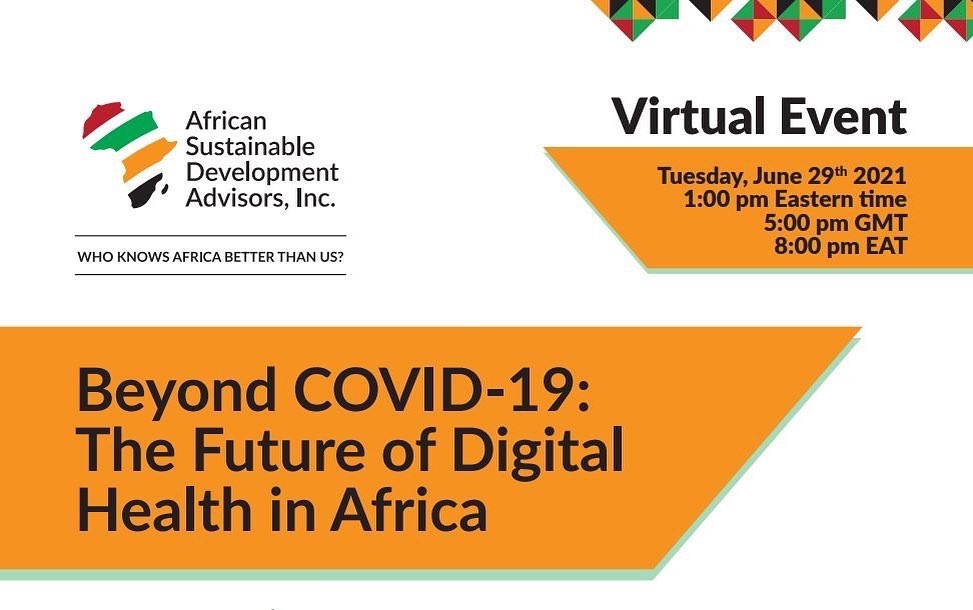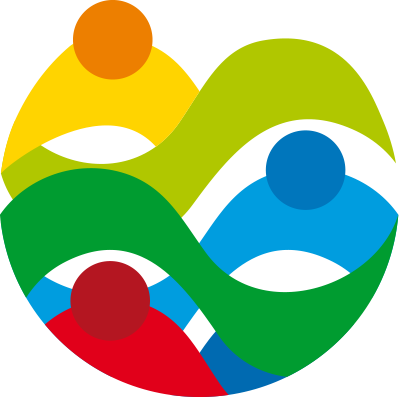Africa leads call for patients to be involved in every stage of health digitalization
Donors, investors, and governments must be more open to the role of patients in the digitalization of health – that is the key message from a roundtable examining digital healthcare challenges and opportunities in Africa.
Beyond COVID-19: The Future of Digital Health in Africa focused on Africa as the emerging proving ground for innovative digital health solutions. However, the themes discussed have global implications.
Vincent Keunen, Founder and CEO of Belgian American ehealth company Andaman7, was part of the expert panel at the event hosted by African Sustainable Development Advisors Inc. (Afrisda, Inc.).
He shares some of the key learnings and themes from the event.
Governments must commit to digital health
Governments must prioritize whole population health digitalization.
Deputy Minister of Health of the Democratic Republic of Congo (RDC) Véronique Kilumba was guest of honour at Beyond COVID-19: The Future of Digital Health in Africa.
She spoke about her government’s commitment to the systematic adoption of digital technologies and innovations in the field.
Andaman7 and Afrisda, Inc. are currently in discussions about a joint project in the RDC. If successful, this project which will include a social goal, has the potential to be a pilot for other African nations.
However, to fully realize the potential of health digitalization, individual African countries must be supported by investors, donors, the private sector, and the international community.
A chance to lead health digitalization by “skipping a step”
What we have seen leads us to believe Africa can really lead the way and ‘skip one’ in health digitalization.
In telecommunications, many continents started with landlines then mobile communications came along and everybody dropped the landlines. In Africa, they skipped the landline step, and everybody went directly to mobile. Now, mobile communications are even more developed in Africa than in some other continents.
The same thing happened with banking, Africa skipped the bank branches step and went straight to mobile banking.
Looking at healthcare, many continents have developed many hospitals in many areas. Of course, they are necessary but around 70% of consultations can be done by teleconsultation and some of these can be automated.
There is a possibility for Africa to ‘skip one step’ and avoid building too many hospitals while rapidly providing better and cheaper care to their citizens.
Digital solutions address global problems
A lack of infrastructure and trained healthcare professionals are key challenges in the current healthcare system. These are often compounded by inequalities between rural and metropolitan areas.
Remote care can help to alleviate these challenges as has been evidenced with the use of video consultations, remote monitoring and even reimbursement codes in some countries during the COVID-19 pandemic.
Remote care offers greater quality, more equality, and lower costs.
Partially automated care is another opportunity. While it can be unconventional for some people, up to 40% of consultations can be effectively delivered via software.
Underrepresented communities are a huge challenge for clinical trials and research. Distributed clinical research and Decentralized Clinical Trials can help recruit and retain underrepresented communities whether it is for existing drugs or drugs in development for country-specific prevalent diseases.
Data accessibility allows faster cheaper research for new treatments.
The problems above are by no means limited to Africa.
Globally patients suffer from a lack of targeted treatments and scattered health data.
We frequently hear about the importance of patient empowerment. However, this is hard to achieve when healthcare professionals are under time pressure and populations lack consistent data access.
To allow patients to have the best possible care we need to allow them to access their data and be in charge of their care.
How Andaman7 can help
Andaman7 have built a simple Patient Engagement Platform (PEP) which runs on a smartphone – nothing is stored in the Cloud. This makes it very efficient because no servers are needed. It is safe, secure, and private. The patient has access to their data, and they decide if they share the data.
Several people can be supported on the same phone, this could be a whole family or a village with one healthcare professional.
Andaman7 is unique because it works without the need for electricity, or the internet and data can be centralized when internet is available. It is a full mobile digital health solution – it is not specific to COVID-19 or a specific condition – and can be connected to existing systems to allow full data exchange. There is an opportunity for a whole population tool.
Being patient centric, Andaman7’s goal is for every citizen to have a mobile app with all their health data, easy and secure access to additional services and two-way interaction with healthcare professionals.
The vision is for all patients in the world to be in charge and empowered with their health data. After all, “Everyone has the right to good health and well-being of himself and of his family” - Article 25 of The Universal Declaration of Human Rights.
With consent, this data can be shared leading to global research benefits.
A call to global action
The call to action from the event is for donors, investors, and the international community to recognize there is life beyond COVID-19 and we must sustain the gains made in digital healthcare and involve patients.
It is important to focus on digitalization which facilitates the collection of evidence, reporting data management, research and decision making.
However, it is even more important to focus on the patients so they can take control of their own health and wellbeing.
Digital health must be contextualized and cannot be applied as a one-size-fits all approach.
Patients must be involved in every stage – from development and process to information access and solutions.
Technicians and designers must interact with their peers to create innovative solutions to patient problems rather than fostering competition.
Investors and donors must minimize conditions and modalities, take country contexts into account, and give opportunities to young organizations which have solid experience.
Governments must be more flexible on policies and regulations and make sure there is good synergy to optimize results.
For more information on Andaman7 solutions visit: www.andaman7.com








